The pontiff of hope, or who will lead the Roman Catholic Church? Vatican in transition
Yesterday, on April 21, news agencies reported the passing of Pope Francis. The head of the Roman Catholic Church left this world at the age of 88.
Leaders of many countries expressed their condolences following the death of the Pope. Argentina declared a week of mourning in connection with the passing of its distinguished native. In a letter to Cardinal Kevin Farrell, President of Azerbaijan Ilham Aliyev wrote: "We were deeply saddened to hear the news of passing of His Holiness Pope Francis, Head of the Holy See and a renowned religious figure of our time. In the person of Pope Francis, the international community and the world's Catholics have lost a brilliant religious figure, a great personality with high moral qualities, whose life's mission was to selflessly serve the peace of humanity. Pope Francis dedicated his entire life and activity to the preservation of universal values, the promotion of interreligious and intercultural understanding, and the ideals of humanism, and worked tirelessly to establish relations of mutual understanding, unity, and solidarity among people. Pope Francis, who exemplified a profound and glorious life path, gained great sympathy, deep respect, and reverence throughout the world with his noble deeds above universal values, his calls for mercy, compassion, and spiritual greatness to people, his kindness, and his self-sacrifice. His Holiness Francis has made invaluable contributions to the development and strengthening of friendship and cooperation between Azerbaijan and the Holy See. I will always remember my meetings with him and our sincere communication with the fondest impressions. The dear memory and rich spiritual heritage of Pope Francis will live forever in hearts and memories. Sharing the grief of this heavy loss, I extend my deepest condolences to you, the Holy See, and all your co-religionists, personally and on behalf of the people of Azerbaijan."
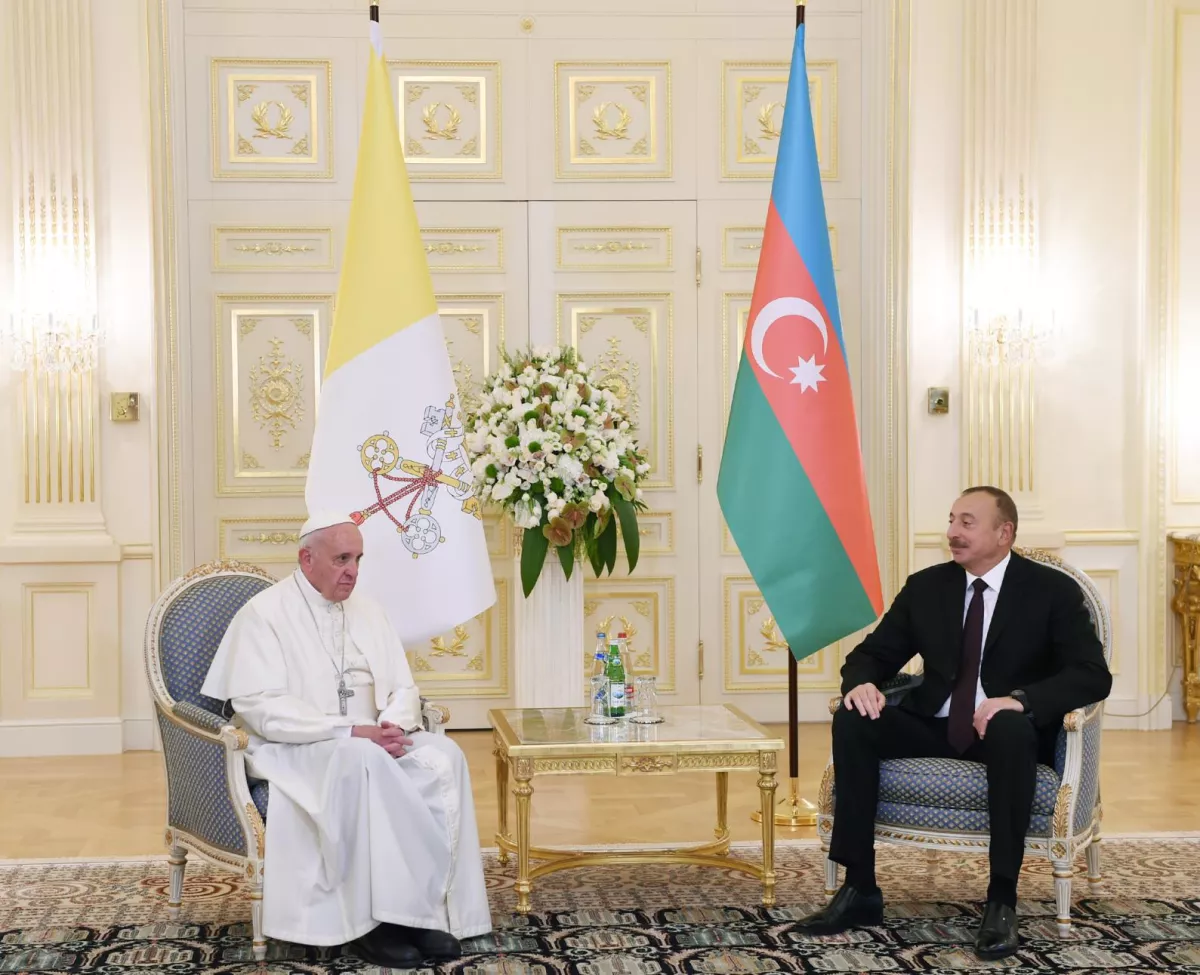
Health problems of Pope Francis had been known for some time. On February 14, he was hospitalised at the Policlinico Gemelli hospital in Rome due to a severe case of bronchitis. While in the hospital, the Pope was diagnosed with bilateral pneumonia, and developed kidney failure and anaemia. The doctors needed to perform a blood transfusion, after which the Pope's condition improved, allowing him to appear in public and meet with visitors. The day before his passing, Francis appeared before the faithful on the balcony of St. Peter's Basilica and, sitting in a wheelchair, was able to utter a few words of greeting.
The deceased Pope was the first head of the Catholic Church to be born in Latin America. He was born in 1936 in Buenos Aires, to Italian immigrant parents, under the name Jorge Mario Bergoglio. His mother was a homemaker, and his father worked on the railroad. His Italian heritage undoubtedly helped Pope Francis in his ascent to the highest ecclesiastical ranks.
In his youth, he changed many professions; by education, the future Pope was a chemical technician. His life took a turn after he decided to visit a church to confess on his way to a party. This moment changed Jorge Bergoglio's worldview and led him to turn to God. His path was further solidified by a severe illness: at the age of 21, he contracted pleurisy and lost part of his lung. Jorge joined the Society of Jesus and earned a degree in philosophy from the Colegio San José in Buenos Aires.
Cardinal Jorge Bergoglio received his cardinal's hat in 2001 from Pope John Paul II. He assumed the papacy 12 years ago, succeeding Benedict XVI (Joseph Ratzinger), who resigned due to health reasons. His election can be seen as a victory for the liberal wing of the Roman Catholic Church. This is further emphasised by the name he chose – Francis, a reference to the famous 13th-century saint, Francis of Assisi, who gave away all his possessions to the poor.
During his time in the Vatican, the pontiff led a humble lifestyle: he wore a simple silver cross, swapped red Prada shoes for black ones, and replaced the papal throne with an ordinary chair. "I don't need a golden cage," he said when moving from the luxurious papal apartments to the more modest Casa Santa Marta residence.
Throughout his papacy, Francis was actively involved in charity and helping the needy. His efforts led to the establishment of charity centres in Rome, where numerous homeless people could receive clothing, medical care, and food. In 2013, the Pope urged the faithful not to travel to Rome for his inauguration but to donate the money they would have spent to the poor.
Two years later, Francis opened a shelter for refugees near the Vatican and personally inspected its operations. In 2016, after the terrorist attacks in Belgium, he washed the feet of refugees, including Hindus and Muslims, at a migrant centre in Italy.
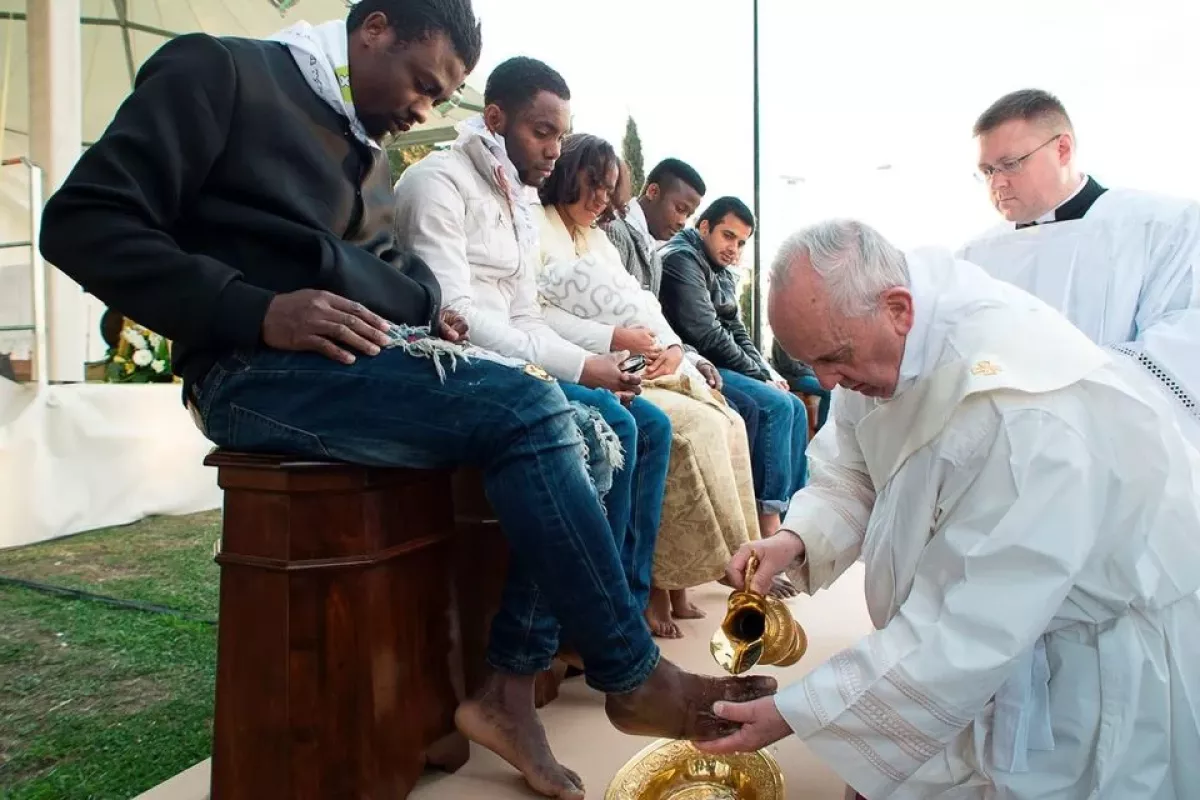
The head of the Church emphasised that the doors of the temple are open to all, even the most unfortunate and outcast. In 2013, Pope Francis performed the foot-washing ceremony for people suffering from AIDS, and in 2023, he attended a lunch with transgender individuals, stating that "they are also children of God."
Now, the death of the Pope has triggered a centuries-old process for electing a new pontiff. The Vatican has strict laws and rituals in place to ensure the transfer of power to the new leader of the Catholic world. The current period is referred to as sede vacante (Latin for "vacant seat"), a phrase meaning that the "throne of St. Peter" is empty. This phase typically lasts a couple of weeks, during which time the faithful bid farewell to the deceased, and the Vatican prepares for the election of a successor. During this period, the governance of the Catholic Church is carried out by the College of Cardinals. The preparations for the funeral are overseen by the papal chamberlain, a post currently held by Irishman Kevin Farrell.
Only after this does the famous Sistine Chapel host the conclave, where a new pontiff is elected. Out of the 253 cardinals, only 138 can participate in the conclave, and none of them may be over 80 years old. Once a majority vote is reached, the ballots for the secret vote are burned with a substance that creates white smoke, signalling to the world that the Catholic Church has a new leader.
Even before Pope Francis's passing, experts began discussing his potential successors on the papal throne. According to The Independent, one such successor could be 69-year-old Cardinal Matteo Zuppi, who had the favour of the late Pope. Since May 2022, he has served as the head of the Italian Bishops' Conference. Zuppi is known for his diplomatic efforts: he has met with former U.S. President Joe Biden and Ukrainian President Volodymyr Zelenskyy. Pope Francis has highlighted Zuppi’s "contribution to easing the tensions of the conflict in Ukraine."
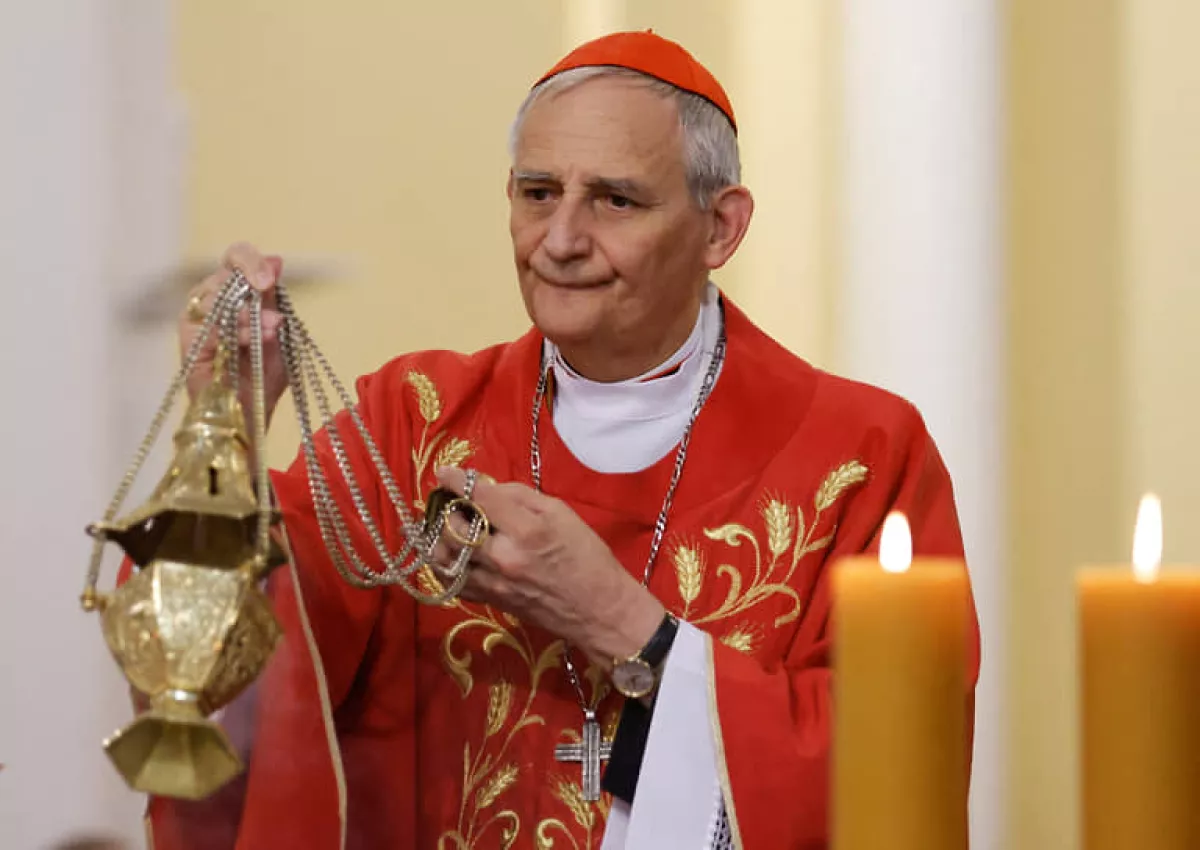
Another candidate is 70-year-old Pietro Parolin, the Secretary of State of the Holy See. He worked with Pope Francis for 11 years and is known for his moderate political views. Prior to this, Parolin spent part of his life serving in the Holy See’s diplomatic missions in Nigeria and Mexico.
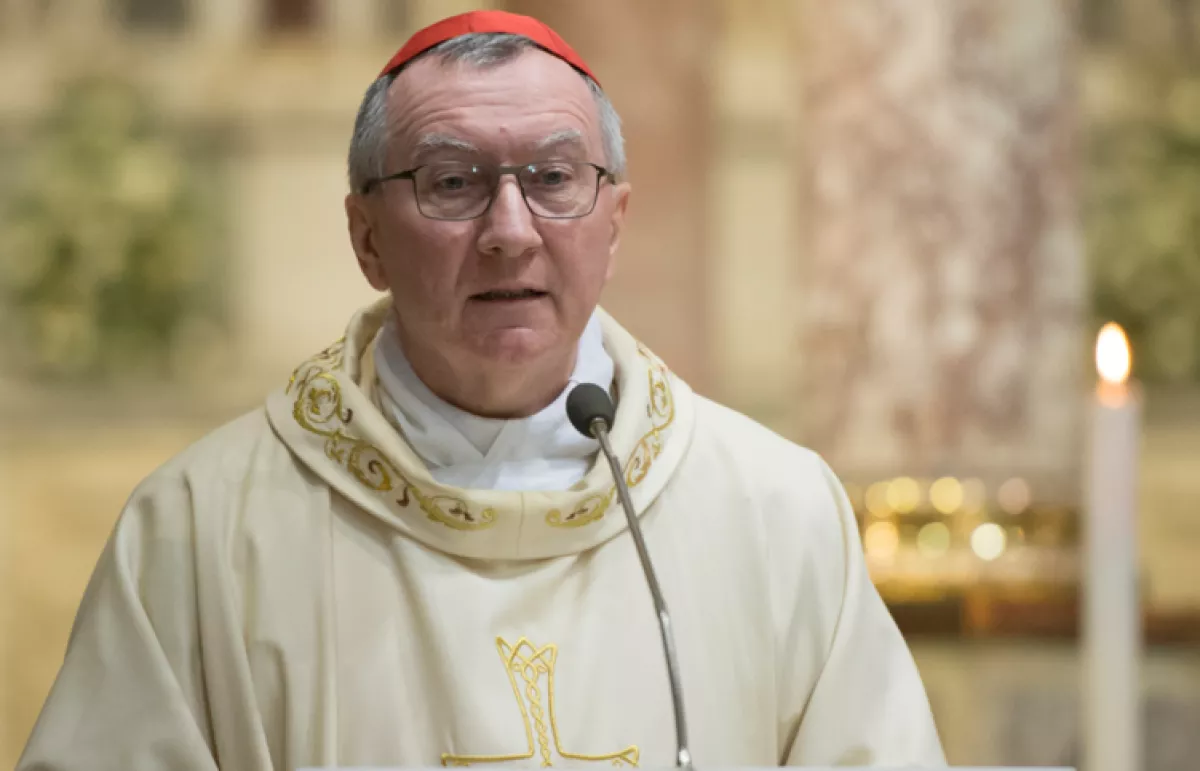
Another strong contender is 67-year-old Cardinal Luis Antonio Tagle. He is the seventh Filipino cardinal in the history of the Roman Catholic Church. Often referred to as the "Asian Pope Francis" due to his liberal views, Tagle is considered part of the progressive wing of the Catholic Church. According to him, many members of minority groups "were previously stigmatised, which led to their isolation from faith and society as a whole."
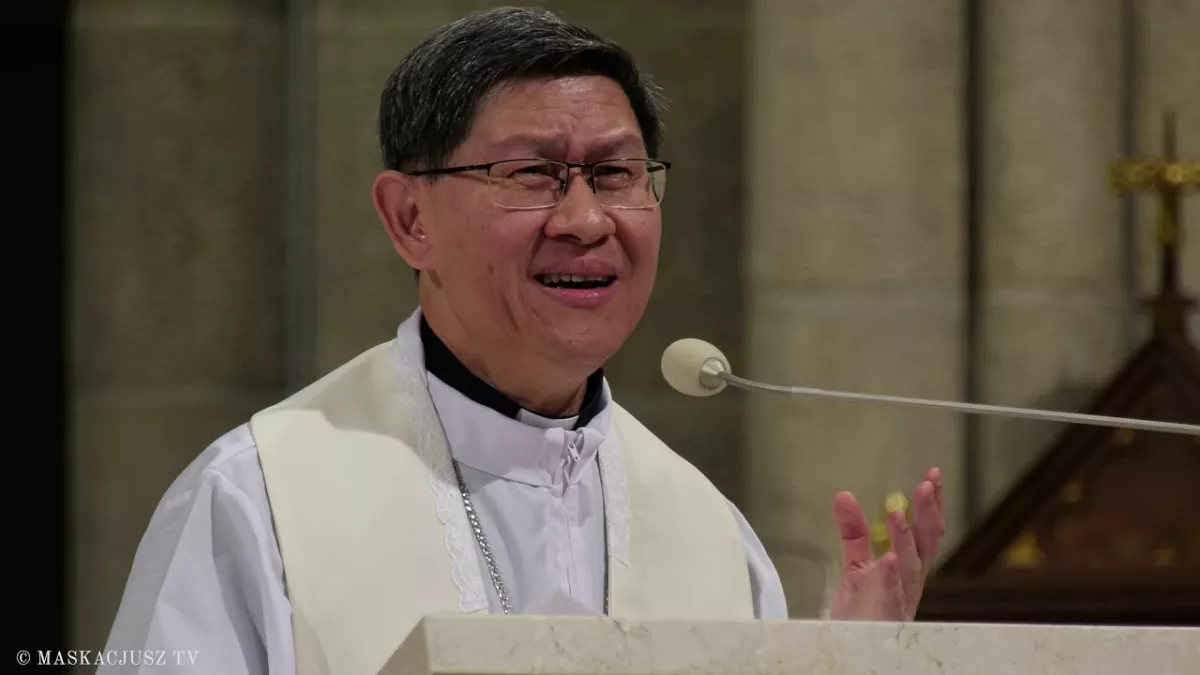
It is possible that influential Catholics from the United States, many of whom are close to the current Washington administration, may somehow intervene in the election process. The last prominent politician whom Pope Francis met was U.S. Vice President Vance, who recently returned to the Catholic Church. However, between the late Pope, known for his liberal views, and the Christian fundamentalists among Donald Trump’s supporters, clear differences soon emerged on a number of important issues. Now, following Francis's death, many influential figures within the Catholic Church are concerned that right-wing conservative Catholics in the U.S. will use their vast financial resources to influence the outcome of the papal election and bring their like-minded candidate to power.
Thus, it is quite possible that the recent film Conclave, which won an Academy Award, will prove prophetic, with fierce internal battles within the Vatican that will determine the future of the Catholic Church for years to come.








